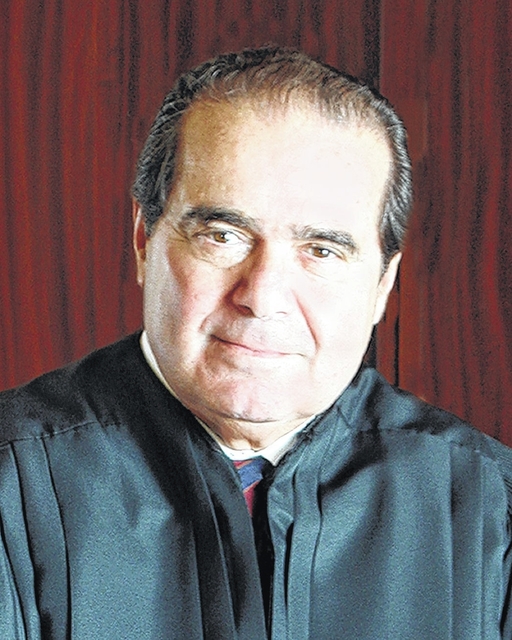After 30 years on the U.S. Supreme Court, Justice Antonin Scalia still does not understand the value of the Constitution’s separation of church and state.
In a speech Saturday at a Catholic high school in the New Orleans suburb of Metaire, Louisiana, the conservative justice said there is “no place” in the nation’s constitutional traditions that requires the state to be neutral on the issue of religion. The court’s longest-serving member concedes that the state cannot “establish” a religion or favor a particular one, but he believes there is nothing to stop the state from favoring “religion over nonreligion.”
This view counters precedents in which the court has ruled against government-supported religious displays because of the First Amendment’s prohibition of state involvement — for or against — religious practice. The Framers lived in a nation with far less religious diversity than today’s, but they had seen enough of the dangerous mixture of religious zeal and state power to know the two must remain separate.
It’s good for the United States that a majority of justices have preserved the separation that Scalia says does not exist.
It was also worrisome to hear Scalia say in the same speech that the United States has experienced good fortune because it honors God. His talk about a God who rewards and punishes nations depending on their reverence was striking on the edge of New Orleans, a city that some fundamentalist preachers said was devastated by Hurricane Katrina because, in the words of the Rev. Franklin Graham, it was “one wicked city.”
Scalia’s tone-deafness in evoking the state-religion bond is also remarkable given the nation’s and the world’s struggle against terrorists who seek to establish states based on a murderous intolerance for other faiths. Former Justice Sandra Day O’Connor addressed this aspect in her concurrence to a 2005 decision in which the court ruled 5-4 (with Scalia dissenting) against religious displays in government buildings. She wrote in McCreary County v. ACLU of Kentucky:
“At a time when we see around the world the violent consequences of the assumption of religious authority by government, Americans may count themselves fortunate: Our regard for constitutional boundaries has protected us from similar travails, while allowing private religious exercise to flourish … those who would renegotiate the boundaries between church and state must therefore answer a difficult question: Why would we trade a system that has served us so well for one that has served others so poorly?”
Ten years later, that question has grown more urgent, and Scalia’s continuing dissent even more misguided.
— The News & Observer of Raleigh

